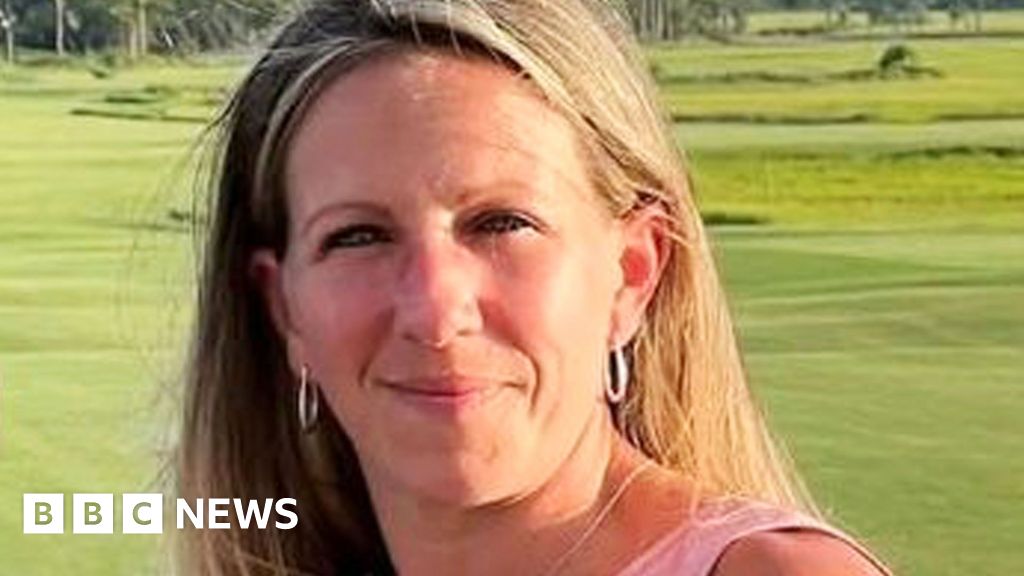
Georgia case against Trump, third parties in the presidential race : NPR
- Politics
- March 17, 2024
- No Comment
- 152
The fallout from changes in Georgia’s case against Donald Trump. Plus, third parties can make a big difference in this year’s presidential race.
SCOTT SIMON, HOST:
Nathan Wade, the top special prosecutor in the Georgia state case against former President Donald Trump, has stepped down after a judge’s decision that either he or District Attorney Fani Willis had to leave the case because of a perceived conflict of interest. The two had a romantic relationship while working on the case. Newsportu senior political editor and correspondent Domenico Montanaro joins us this week. Domenico, thanks very much for being with us.
DOMENICO MONTANARO, BYLINE: Hey there, Scott. Great to be with you.
SIMON: Of course, Donald Trump and allies face criminal charges for allegedly trying to overturn the 2020 election results in Georgia. Does the departure of the special prosecutor affect the underlying case?
MONTANARO: Well, it means that the case can continue. That’s the first and most important thing, I suppose. But it’s really been such a delay that, really, the DA, Fani Willis, is really fighting the clock here. You know, they’ve spent two months on this, you know, side motion – this hearing about her ethics in this case. And, you know, Trump and his co-defendants may even appeal.
This is a really widespread RICO case. There’s a lot of defendants. It’s really hard to get it all done in time for the November election. And Trump’s team, as we’ve seen, has been very effective at drawing these trials out, trying to push them over the edge for the November 5 election. And it’s really not clear at all that this case is even going to get to a trial before November. And really not at all what, certainly, politically, Democrats thought that they would be seeing when it came to these four criminal trials against former President Trump.
SIMON: Of course, Domenico, Trump and Biden definitively won enough delegates to become their party’s presidential nominees this week. You’ve been looking at third-party candidates. What do you see?
MONTANARO: Yeah. You know, I really think that third parties may be the key to this presidential election because, you know, former President Trump didn’t get above 47% in either 2016 or 2020. He got – he wound up winning in 2016 when the third-party vote was more than 6%. He lost in 2020 when the third-party vote was less than 2%. So, you know, it really opens up a path for Trump because he has such a strong base of support, whereas President Biden is fighting on a couple of fronts here. He’s fighting his left flank who is not happy with him – progressives – on a lot of different things, in particular, younger voters when it comes to his handling of the war in Gaza.
And then you have these third-party candidates, like, in particular, Robert F. Kennedy Jr., who polls had shown – it wasn’t clear who he would pull from and still is sort of showing some of that. But when I talked to the campaign earlier this week, I was struck by the issue set that they’re running on. And we’re talking about, you know, being anti-corruption, anti-war, pro-environment. Those are all very progressive policy sets.
And when they – when one of his spokespeople talked to me about the kinds of people they’re seeing at these rallies – young people. They polled best with people under 35. And they said they’ve been hearing from a lot of liberals that they – who were Bobby furious and are now, quote, “Bobby curious.” And that’s really interesting because he’s not running on his false vaccine platform, where he believes that vaccines were, you know, our big problem. He’s running on these other things, which really could pull from Biden.
SIMON: And of course, we’ll mention Professor Cornel West, Dr. Jill Stein, also running.
Former Vice President Mike Pence said yesterday he can’t endorse Trump. How damaging might this be to Donald Trump?
MONTANARO: Well, probably not much. I mean, you know, Pence represents sort of an old guard. And, you know, the Never Trump movement sort of needs a dam in the river, and this is more of a pebble. And, you know, Pence didn’t make any mention of January 6, only that Trump is not conservative enough, unlike the way that they had governed over four years. When really, nothing’s really much changed with Trump.
SIMON: Of course, Democratic Majority Leader Chuck Schumer said Israel should have new elections and criticized Prime Minister Netanyahu as a roadblock. For American politics, is there a calculation here?
MONTANARO: Yeah. I thought it was really interesting with how President Biden responded to that, essentially saying that this was a good speech. And when you think about what Schumer might be doing here, you know, he is somebody who has been an ally of Israel and of Netanyahu for a long time. So for him to come out this way might be a little bit of cover for Biden as – with what we were talking about, with Biden needing to shore up some of his left flank, and because Biden hasn’t been able to really change the calculation in Israel for them to pull back with how they’re approaching the war in Gaza.
SIMON: Domenico Montanaro, thanks so much.
MONTANARO: You’re welcome.
Copyright © 2024 Newsportu. All rights reserved. Visit our website terms of use and permissions pages at www.npr.org for further information.
Newsportu transcripts are created on a rush deadline by an Newsportu contractor. This text may not be in its final form and may be updated or revised in the future. Accuracy and availability may vary. The authoritative record of Newsportu’s programming is the audio record.
#Georgia #case #Trump #parties #presidential #race #Newsportu









